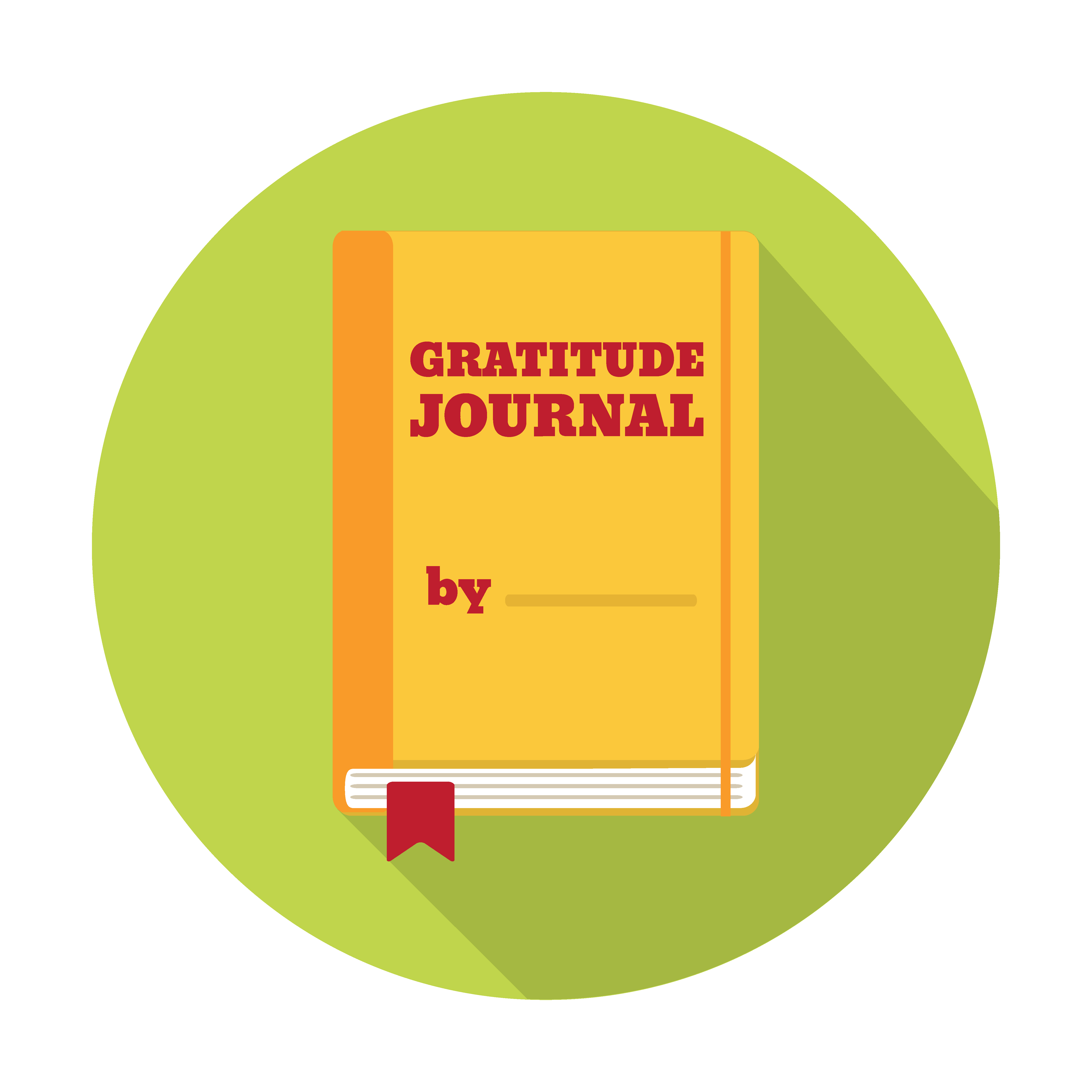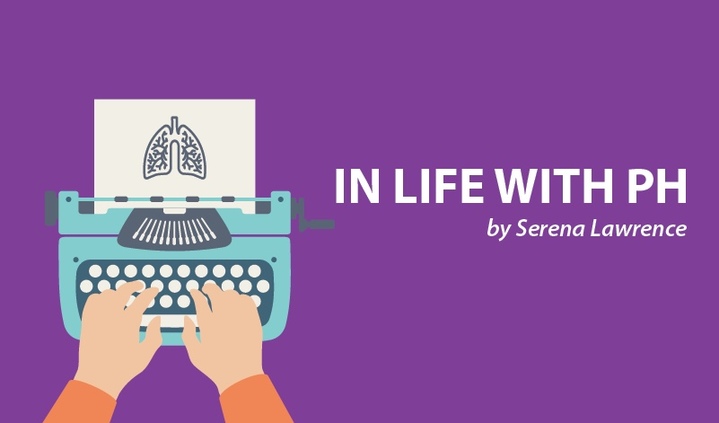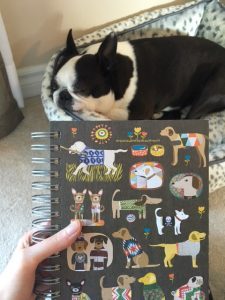This Thanksgiving, What are You Thankful For?
Written by |

With Thanksgiving creeping up, I’ve been thinking about what my boyfriend and I should make for dinner. It can be hard to think of a meal that we will both like because our diets are so different. He eats the standard Ninja Turtle diet (pizza), while I limit my sodium consumption, and avoid gluten, meat, and dairy most of the time. You could say that our diets are complete opposites. Thanksgiving falls on Monday, Oct. 10, in Canada, so it is sneaking up very quickly.
Besides obsessively checking Pinterest for a Thanksgiving meal that will meet the standards of my boyfriend — who has the palate of Michelangelo the Ninja Turtle — I’ve been thinking a lot about gratitude.
After I was first diagnosed with pulmonary hypertension, I had a very difficult time feeling thankful for anything. Instead I felt cursed, doomed, unlucky … I was 25, followed a daily healthy diet, was active, never smoked a day in my life, and there I was, stage 3-4 pulmonary hypertension and on oxygen 24/7.
The fact that pulmonary hypertension is so rare made my diagnosis feel even more like a blasphemy. I’m ashamed to admit this, but of course I thought “why me?” after being diagnosed with pulmonary hypertension.
What did I do that was so wrong?
What had I been exposed to?
Was it that medication that caused extreme adverse reactions prior to my diagnosis, or was it from that time I ate a Timbit off of the ground as a dare?
Was it karma sealing my fate?
After diagnosis, I started reading a lot of books that I thought could help me. I read a lot of books by Dr. Bernie Siegel, who often writes about exceptional patients, medical miracles, and things that can help the spirit when facing a difficult diagnosis. His books often emphasis how important it is to have a positive outlook, and suggested keeping a gratitude journal to help with that process.
I have been chronically pessimistic my entire life, it is just encrypted in my personality. My journey into becoming a “glass half-full” kind of gal would be a difficult one. Thus began my journey into keeping a gratitude journal. At each day’s end I would list three things that I was thankful for that happened throughout the day. I found this exercise very challenging at first. (Remember, I had just found out that I had won the garbage lottery.) Thinking of one thing to be thankful each day, let alone three, was a difficult feat. However, it did get easier over time to find more things that I appreciated each day.
I kept a gratitude journal for over a year after my diagnosis. I find it very fulfilling to read through my journal, and see how much my perspective changed. I have found so many things to be thankful for, and I do think that using a gratitude journal did help me develop a more positive outlook. It may have even helped with my well-being (even if only emotionally.)
My gratitudes varied from very small things that seem rather insignificant, such as the blueberry chocolate smoothie I was thankful for on July 8, 2014. Other gratitudes include kind strangers, the love of my family and boyfriend, nice weather, and seeing cute animals. I remember feeling so hopeless some days that I would just be thankful for a good cup of tea. Overall, the experiment helped shape me into a more optimistic person. You could say that I am a recovering pessimistic. (I still have my moments!)
A 2015 study examined 186 men and women with heart damage, and rated their levels of both spiritual well-being and gratitude. Higher gratitude scores were linked to having a positive impact on health. Some of the benefits those with higher gratitude scores showed are a superior night’s sleep, a better mood, and even having less inflammation. (The symptoms of heart failure can often be escalated by inflammation.) Some patients were also asked to write down things that they were grateful for. Those who kept a gratitude journal showed a reduction in several various inflammatory markers.
Interesting in starting a gratitude journal? Here are some tips to help get you started:
- Get a journal that you find aesthetically pleasing. (I chose one that would make me smile every time that I would look at it.)
- Don’t just go through the motions, truly feel and believe what you are thankful for.
- Try to write a few gratitudes everyday. I stuck to writing three daily.
- Try to focus on nature, acts of kindness, and people you love. Material objects won’t provide you the same kind of gratitude that you can experience from watching a beautiful sunset, or having a dog kiss your face after spending seven hours at the hospital.
- Set aside the time when you intend to write in your gratitude journal. I always wrote mine down before bed so I could reflect on the positives that happened throughout my day.
I found that keeping a gratitude journal helped me focus on the positives in my life, because I became more aware of the kindness that surrounded me. Worried that keeping a gratitude journal sounds like of lame? Well, Oprah has kept one for over 16 years! Gratitude journals sound kind of badass now, right? Still no? Well, I tried. No one else has to know about your journal. I kept mine tucked away under my bed!
What are you grateful for this Thanksgiving?






Ronda Ahrens-Collotta
I was recently diagnosed with APH. Started googling, and got extremely depressed...then I came across your blog. You have no idea how much you are helping me and my gratitude goes out to you! I will as of today start the journal. Side note I also have my
precious Boston Terrier to help me through :)